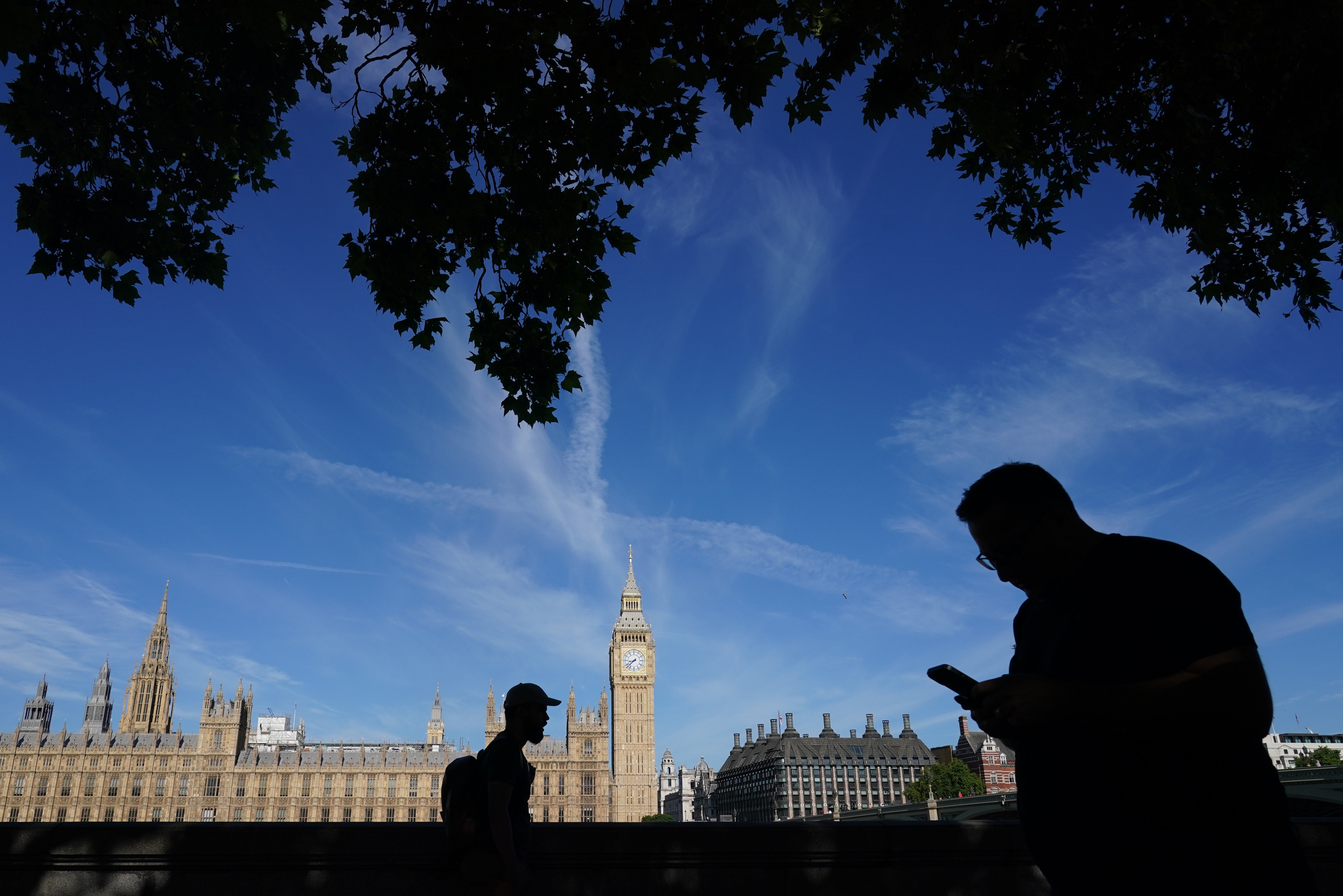UK to declare first Level 4 national emergency over heatwave as 40C possible
Met Office has also made history with first red warning over extreme heat issued for next week
The UK is set to declare its first ever Level 4 national emergency over a heatwave as temperatures could soar past 40C next week.
The top alert level warns fit and healthy people could fall ill and even die due to the extreme heat.
It is only meant to be declared when a heatwave is “so severe” or “prolonged” that its impacts extend beyond the health sector - which is currently under pressure due to soaring temperatures.
The UK Health and Security Agency (UKHSA) has never before declared a heatwave national emergency since launching its response plan two decades ago.
The Independent understands it will announce the Level 4 warning later today.
The Met Office has also made history in the current heatwave by issuing its first red warning for extreme heat.
The forecaster said “exceptional heat” is expected across England early next week, with temperatures likely in the high 30Cs and even potentially reaching 40C - which has never been seen, nor forecast, before in the country.
The Met Office says record-breaking temperatures are “highly likely”. As it stands, the hottest temperature recorded is 38.7C and was set in Cambridge three years ago.
Its red warning for extreme heat for Monday and Tuesday covers an area from London up to Manchester and then up to the Vale of York.
“This is potentially a very serious situation,” Grahame Madge, a Met Office spokesperson, said.

He said there was a 50 per cent change of there being 40C heat in England next week, likely along the A1 - which runs from London through to Scotland.
The Met Office said it was forecasting 40C in London on Tuesday as it issued its red alert warning.
It comes after the UK has been gripped by days of high temperatures hovering around the high 20s and early 30s.


There was a Cobra meeting on Thursday night to discuss the heatwave. No 10 sources said there also would be another at official level later today.
The prime minister’s spokesperson said on Friday there were “contingency plans” in place to deal with the impacts of extreme heat.
When pressed on what these were, they said the rail sector was monitoring the impact of high temperatures to try and keep services running safely and reliably.

“It may be the case that speed restrictions are likely to be put in place on some parts of the network next week to manage hot weather and avoid any potential damage,” the Downing Street spokesperson said.
They said police were also working to “make sure plans are in place particularly in places where you may see queuing”.
The decision to escalate the heatwave to a national emergency is taken following a cross-government assessment of the weather conditions.
The UKHSA says the threshold is reached when “a heatwave is so severe and/or prolonged that its effects extend outside health and social care system, such as power or water shortages, and/or where the integrity of health and social care systems is threatened”.
It adds: “At this level, illness and death may occur among the fit and healthy, and not just in high‑risk groups, and will require a multi‑sector response at national and regional levels.”
Join our commenting forum
Join thought-provoking conversations, follow other Independent readers and see their replies
Comments
Bookmark popover
Removed from bookmarks